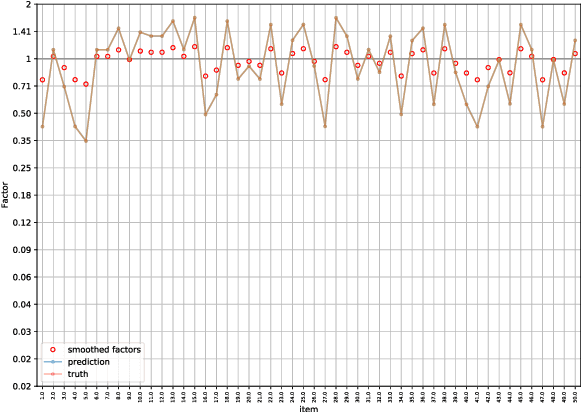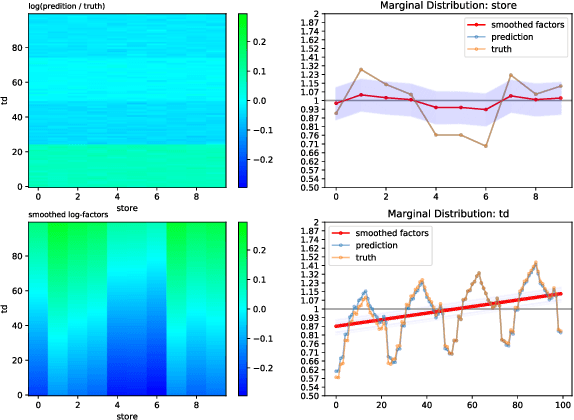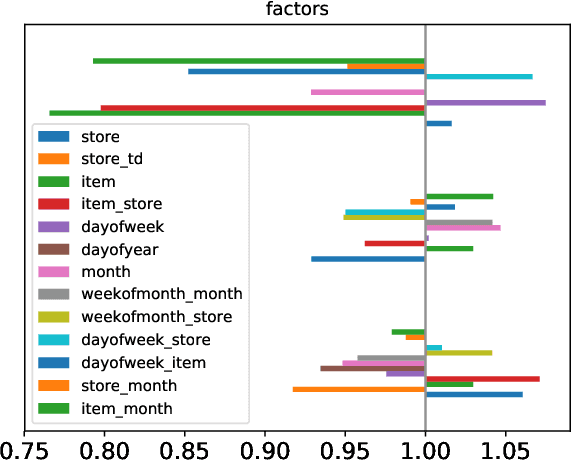Felix Wick
EnvBridge: Bridging Diverse Environments with Cross-Environment Knowledge Transfer for Embodied AI
Oct 22, 2024



Abstract:In recent years, Large Language Models (LLMs) have demonstrated high reasoning capabilities, drawing attention for their applications as agents in various decision-making processes. One notably promising application of LLM agents is robotic manipulation. Recent research has shown that LLMs can generate text planning or control code for robots, providing substantial flexibility and interaction capabilities. However, these methods still face challenges in terms of flexibility and applicability across different environments, limiting their ability to adapt autonomously. Current approaches typically fall into two categories: those relying on environment-specific policy training, which restricts their transferability, and those generating code actions based on fixed prompts, which leads to diminished performance when confronted with new environments. These limitations significantly constrain the generalizability of agents in robotic manipulation. To address these limitations, we propose a novel method called EnvBridge. This approach involves the retention and transfer of successful robot control codes from source environments to target environments. EnvBridge enhances the agent's adaptability and performance across diverse settings by leveraging insights from multiple environments. Notably, our approach alleviates environmental constraints, offering a more flexible and generalizable solution for robotic manipulation tasks. We validated the effectiveness of our method using robotic manipulation benchmarks: RLBench, MetaWorld, and CALVIN. Our experiments demonstrate that LLM agents can successfully leverage diverse knowledge sources to solve complex tasks. Consequently, our approach significantly enhances the adaptability and robustness of robotic manipulation agents in planning across diverse environments.
RAP: Retrieval-Augmented Planning with Contextual Memory for Multimodal LLM Agents
Feb 06, 2024



Abstract:Owing to recent advancements, Large Language Models (LLMs) can now be deployed as agents for increasingly complex decision-making applications in areas including robotics, gaming, and API integration. However, reflecting past experiences in current decision-making processes, an innate human behavior, continues to pose significant challenges. Addressing this, we propose Retrieval-Augmented Planning (RAP) framework, designed to dynamically leverage past experiences corresponding to the current situation and context, thereby enhancing agents' planning capabilities. RAP distinguishes itself by being versatile: it excels in both text-only and multimodal environments, making it suitable for a wide range of tasks. Empirical evaluations demonstrate RAP's effectiveness, where it achieves SOTA performance in textual scenarios and notably enhances multimodal LLM agents' performance for embodied tasks. These results highlight RAP's potential in advancing the functionality and applicability of LLM agents in complex, real-world applications.
Cyclic Boosting -- an explainable supervised machine learning algorithm
Feb 09, 2020


Abstract:Supervised machine learning algorithms have seen spectacular advances and surpassed human level performance in a wide range of specific applications. However, using complex ensemble or deep learning algorithms typically results in black box models, where the path leading to individual predictions cannot be followed in detail. In order to address this issue, we propose the novel "Cyclic Boosting" machine learning algorithm, which allows to efficiently perform accurate regression and classification tasks while at the same time allowing a detailed understanding of how each individual prediction was made.
 Add to Chrome
Add to Chrome Add to Firefox
Add to Firefox Add to Edge
Add to Edge